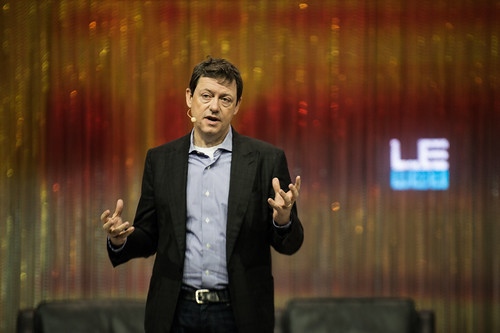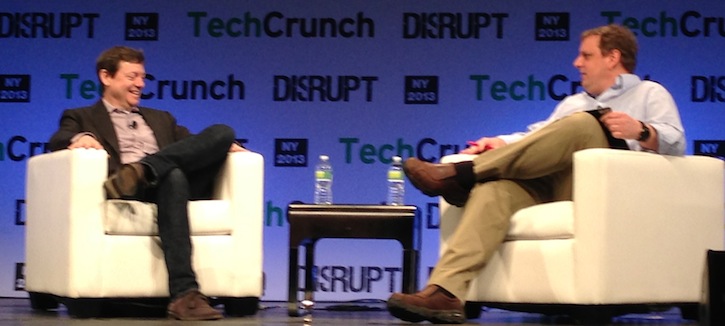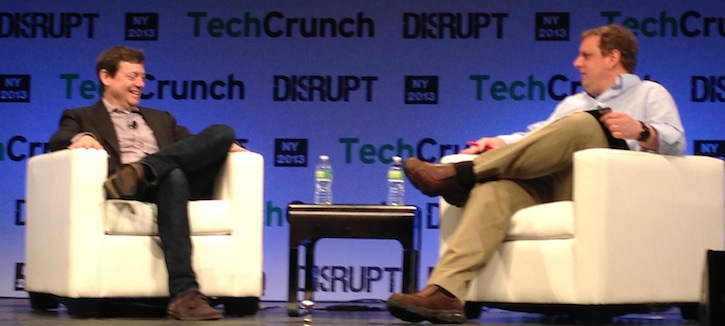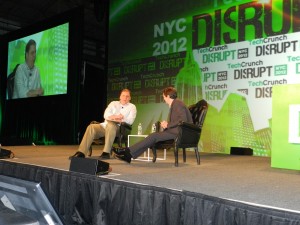When you’re talking about top tier venture capital firms, you can’t really leave out Union Square Ventures. The New York firm has invested in some pretty big names: Twitter, Foursquare, Etsy, Kickstarter…
Actually, that list could continue for the rest of this article, and I still wouldn’t name all the strong companies USV has invested in. Yet, despite a long list of impressive investments, the firm only hands out money to roughly 8-10 companies a year.
So, how does a startup get the attention of a top tier VC firm like Union Square?
Thanks to blogging, speaking investors like USV’s Managing Partner Fred Wilson, that’s actually not hard to discover anymore. But, last week, Wilson gave a talk at Le Web that outlined their investment strategy.
Ok, so he was supposed to talk about his predictions for the future.
“As if I had a crystal ball or something,” he told the audience.
Instead, Wilson outlined the 3 major trends he is watching and the 4 areas within to those trends that he’s particularly interested in. Right there, on the stage of LeWeb, Wilson made it very clear what his investment goals are. And, since he’s investing real money in these areas, it’s safe to assume they are where he expects to see massive growth in the next 10 years.
Wanna know what they are?
- Networks
- Undbundling
- Smartphones
Networks:
Wilson is very bullish on networks, and he started with the analogy of old newspapers. Editors decided what to cover, assigned reporters, and reporters got the stories. Now, thanks to networks like Twitter, people decide what’s news and what isn’t.
Besides media and content, though, he points out other industries that are now being disrupted by networks: hotels by Airbnb, Hollywood by Kickstarter, and education by Codecademy and the like.
Unbundling:
“People are starting to deliver much more focused services–best of breed services–and you can buy them a al carte.”
Wilson pointed again to newspapers, which used to house all the global, national, and local news one person could want in a day. Now, of course, we go to many different sites that focus on being the best in their given vertical.
He then talks about several industries that are experiencing unbundling: banking, education, and entertainment.
Smartphones:
Well, obviously. Mobile is exploding (well, maybe not yet). But, it’s going to. Wilson calls us all a “node on the network,” and in a hand-raising poll of the audience, most attendees would choose to have only their smartphone, if they had to choose between that and a computer.
The connection of the “nodes on the network” impact industries like transportation (Hailo), banking (Dwolla), and even dating (Tinder).
There, on the stage of Le Web, Wilson laid out all the “secrets” to getting in with Union Square Ventures. If you have a startup that’s innovating in one of these big trends, it looks like you have some phone calls to make.











